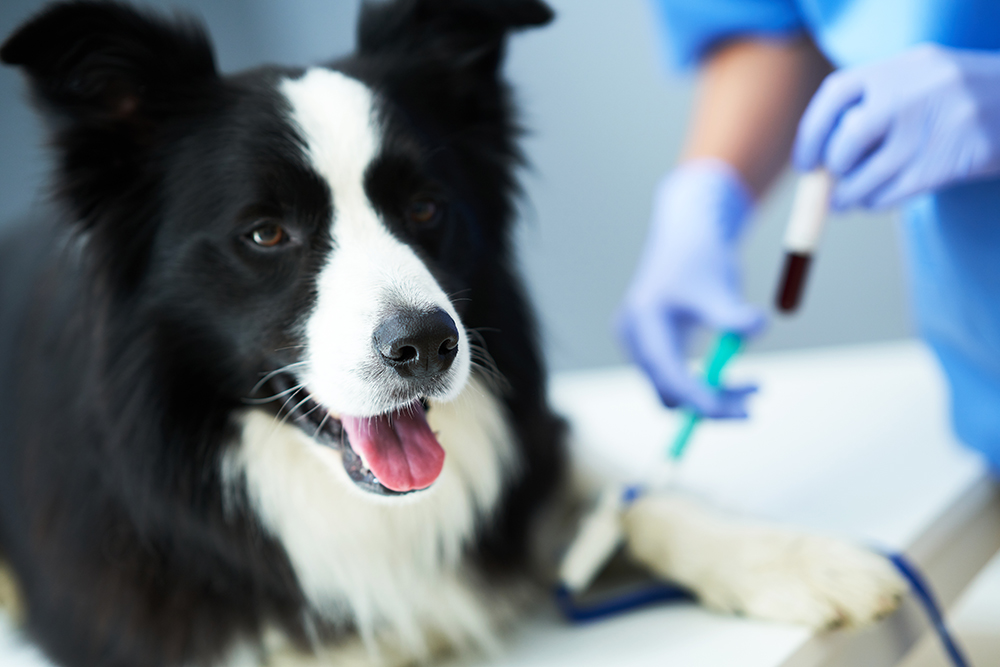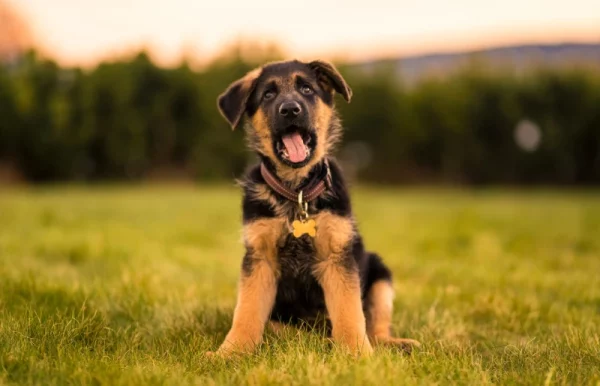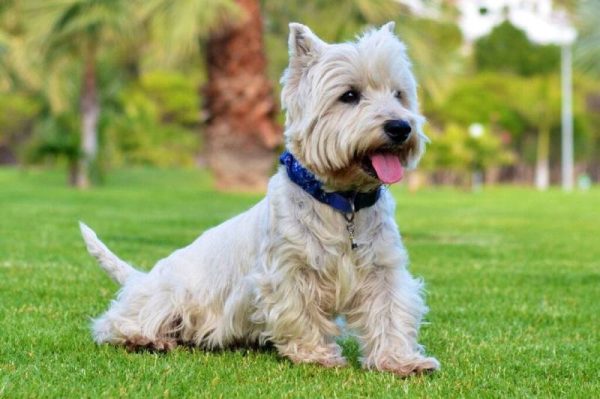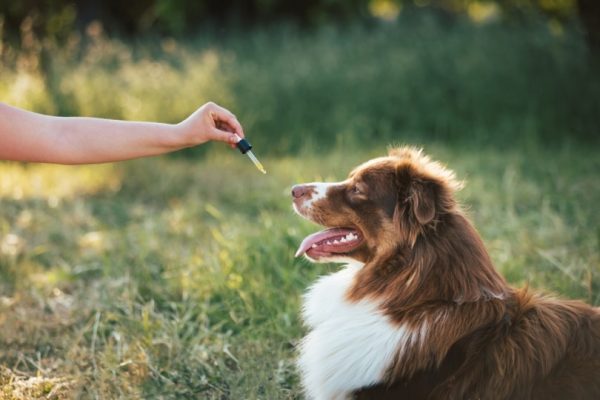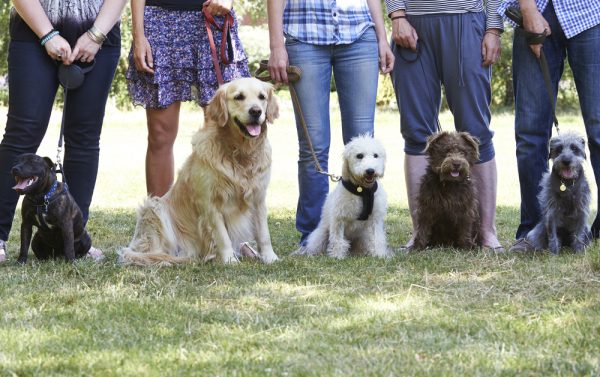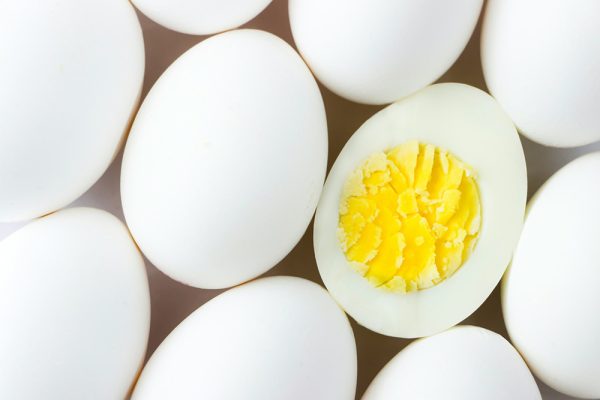In this article
If you have been thinking about your own blood type recently, you may have been wondering if dogs have different blood types too. Blood can be classified into different groups and these can also be called types. Like humans, dogs do have different blood types, but they are not the same as we have.
Humans are known to have four main blood groups using the ABO system—A, B, AB, and O, and each of these can be rh negative or rh positive. Giving 8 groups in total for humans. Dogs have around 12 blood groups, with 6 of these being the most clinically important and a few more rare ones found in some specific breeds such as Dalmatians and Shih Tzus.
Some dog tags include the dog’s blood type, and your vet may hold this information if your dog has had a transfusion or been a blood donor.

What Are Blood Types?
Blood is a complex body fluid with many functions vital to life. It can be classified into groups or types which is essential information when a blood transfusion is required. Antigens are structures that may be found on the surface of the red blood cells. Red blood cells can be positive or negative for a particular antigen.
The blood group of an individual is classified by the antigens found on the surface of the red blood cells.
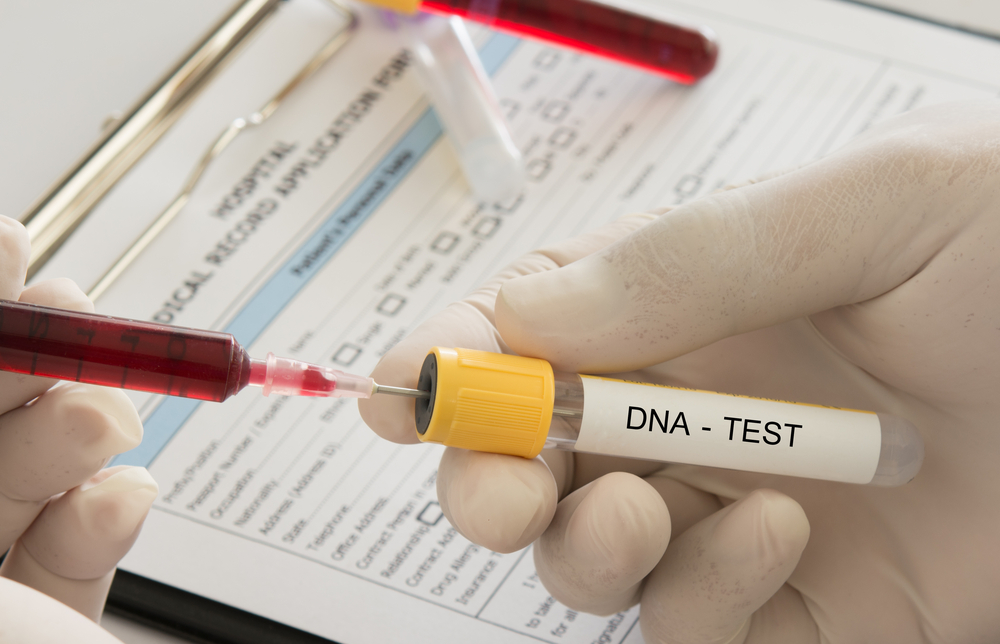
Dog Blood Types
Blood types in dogs are named Dog Erythrocyte Antigen (DEA) 1.1, 1.2, 3, 4, 5, 6, 7, 8, Dal, Kai-1, and Kai-2. Dogs can be positive or negative for these antigens, e.g. DEA 4 + or DEA 4-.
Blood type is determined by genes, which are inherited from the parents. As such, it is common for dogs of the same breed to have the same blood type, but not always. DEA 1.1 negative type is considered the “Universal Donor” for dog blood transfusions.
Blood type DEA 1.1 negative is a relatively rare blood type in dogs, but it is considered the universal donor blood type that is safe to give to most dogs in need of a blood transfusion. Although it is somewhat rare, the following breeds are more likely to have this blood type:
Conversely, the following breeds are more likely to be DEA 1.1 positive:

Dog Blood Donors
Dogs need blood donors, just like humans do. There are programs set up specifically to take donations of blood from dogs. Some veterinary clinics also provide these services and, in some cases, donors receive free gifts, discounts on treatment, and other incentives.
To be considered as a blood donor your dog would likely need to be fit and healthy, not on any medications, between 1 and 8 years of age, current with their vaccinations, and over 50 pounds in weight with an easy-to-handle temperament.
Ask your vet if you are interested in donating your dog’s blood and they should be able to advise of a local program or scheme that is looking for donors.
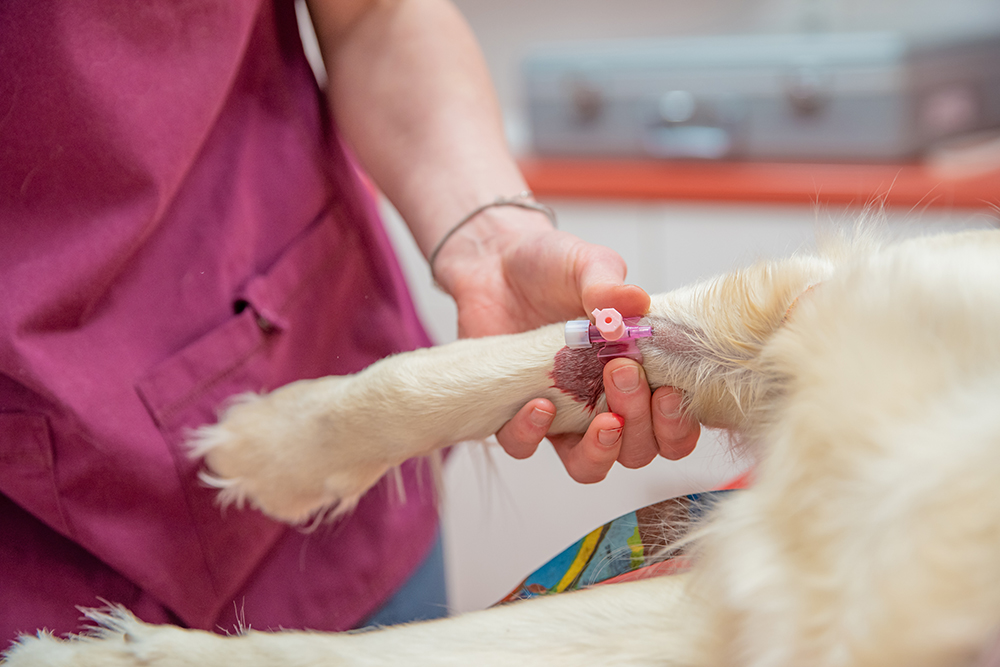
When Might a Dog Need a Blood Transfusion?
Blood donors are required when dogs need blood transfusions. Most commonly, dogs need transfusions when they have suffered massive blood loss, either after an accident, due to serious illness, immune system destruction of red blood cells, or even following an operation. This is usually an emergency situation with time of the essence.
Von Willebrand Disease is a blood clotting condition that causes bleeding and can lead to a dog losing a lot of blood, requiring transfusion.
Is There a Universal Dog Blood Type?
DEA 1.1 negative is considered a universal blood type for dogs and O negative for humans. As Greyhounds are often DEA 1.1 negative they are sought after as blood donors. If a dog is receiving a blood transfusion for the first time the safest donor would be DEA 1.1 negative as there are no naturally occurring antibodies to this blood type. Thus an immediate and severe transfusion reaction is not likely.
Transfusion Reactions
The interaction of antigens and antibodies between recipient and donor blood can cause destruction of red blood cells in the recipient and as such it is important to match up the blood types before a transfusion. This is especially important if the dog has received a blood transfusion in the past.
If a recipient dog has antibodies in their blood plasma to antigens present on the donor dog’s red blood cells they will be seen as foreign and destroyed. This is a type of transfusion reaction. These reactions can range from mild to life-threatening, so the correct blood type must be given during any transfusion.
Cross-matching blood is a test performed before a transfusion to test blood compatibility.
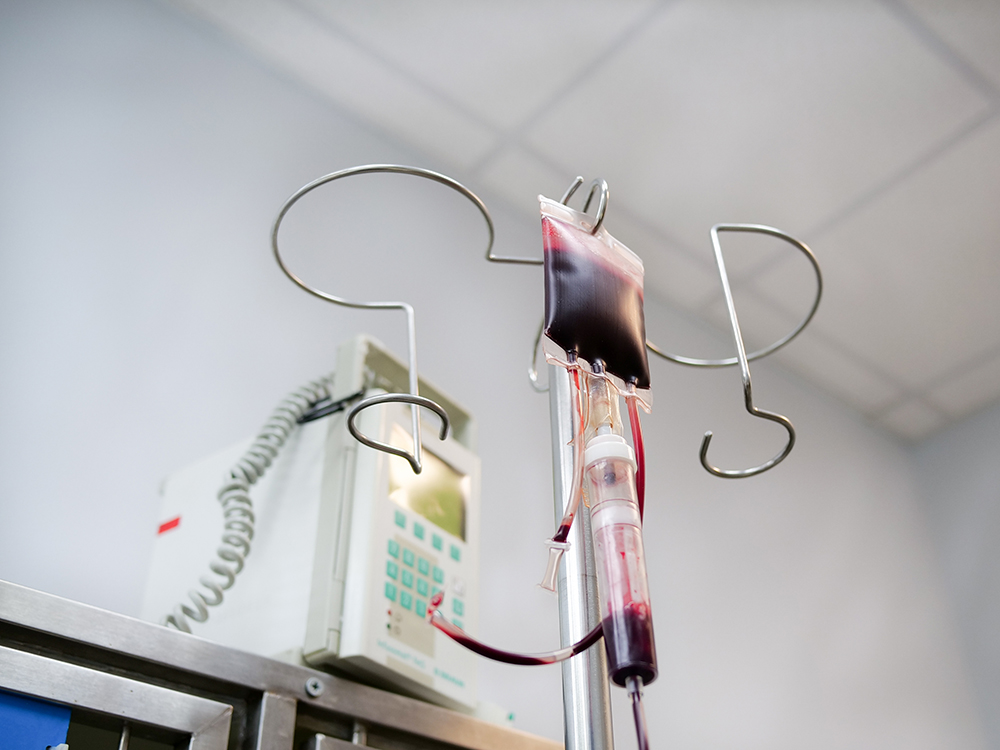
What is The Rarest Blood Type in Dogs?
As well as being the universal blood donor type for dogs, DEA 1.1 negative is, unfortunately, considered amongst the rarest blood types. There have been blood types specific to Dalmations and Shih Tzu discovered so in terms of numbers these would be the most rare. In contrast, DEA 1.1 positive is the most common canine blood type.
Can a Human Give Blood to a Dog?
Human blood and dog blood are incompatible and contain very different antigens, which effectively means the dog’s body would actively reject a human’s donor blood. Therefore, human blood cannot be safely given to dogs.

Conclusion
Just like humans, dogs have different blood types. Unlike humans, who have four blood types, dogs have more than 12 different blood types. Blood type is important when transfusions are performed, and these could be required when a dog suffers significant blood loss, typically following an accident, after surgery, or as a result of certain diseases.
Interestingly, the first-ever blood transfusion performed was not on a human but was performed on a dog.
Featured Image Credit: Kamil Macniak, Shutterstock
